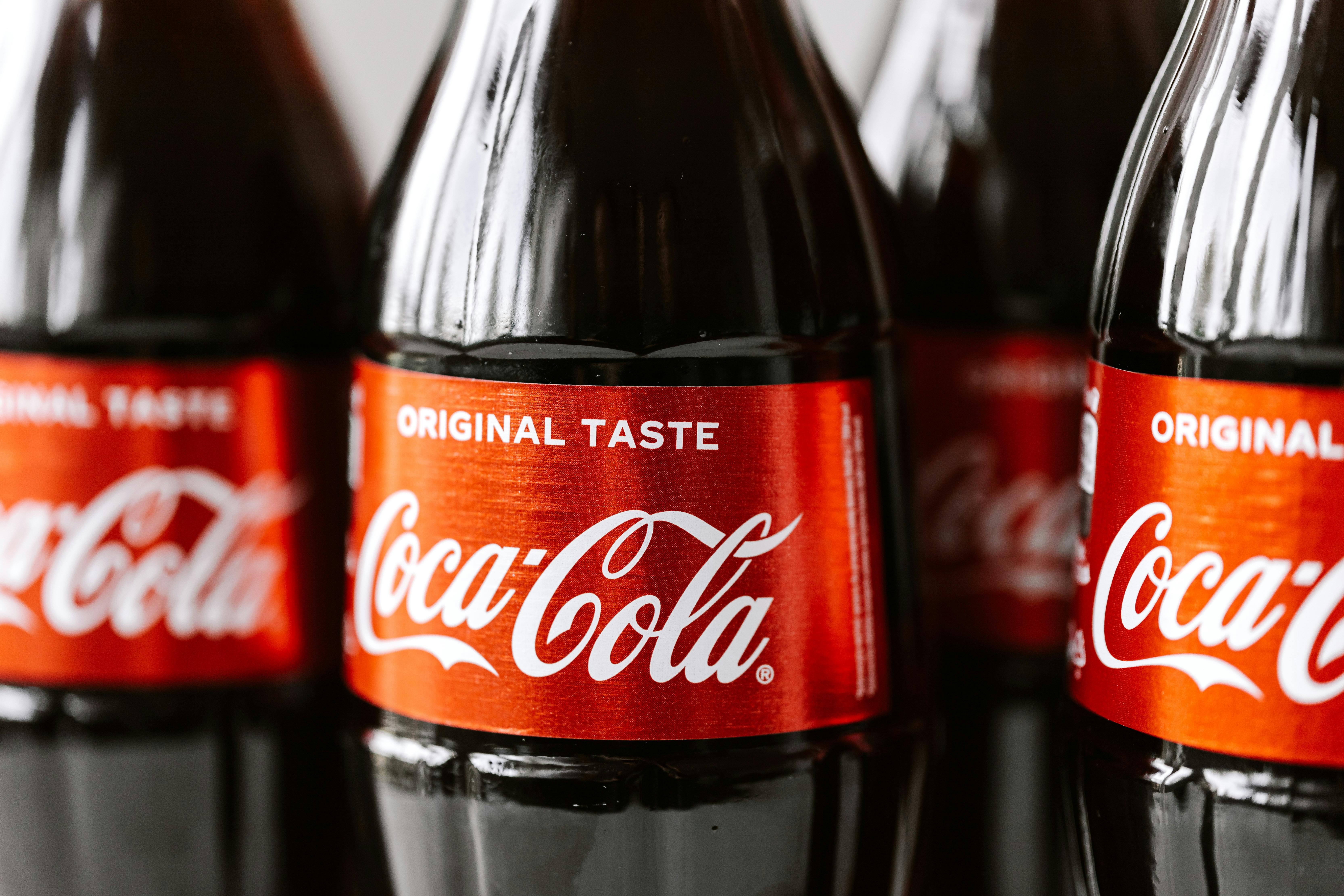Is distilled the same as deionized? This is a common question that many people have when considering which type of water to use for specific purposes. In this article, we will explain the differences between distilled and deionized water and the various advantages and disadvantages of each. We will also explore some of the common uses for each type of water. By the end of this article, you will have a better understanding of the different types of purified water and be able to make an informed decision on which type is best suited for your needs.Distilled water is water that has been boiled into steam and then condensed back into liquid form. This process removes any impurities or minerals, making it pure. It is commonly used in medical and laboratory settings as it is free from most contaminants.
What is Deionized Water?
Deionized water, also known as demineralized water, is a type of water that has had its mineral ions removed, such as cations like sodium, calcium, iron, and copper; and anions such as chloride and sulfate. Deionization is a process commonly used to purify water to make it suitable for a variety of uses including drinking and industrial applications. This process involves the use of ion-exchange resins or membranes to remove positively charged ions from the water. Deionized water may also be referred to as ultra-pure water due to its lack of ionic content.
Deionization is often used in commercial applications such as laboratory work or industrial processes where high levels of purity are needed. It is also used in food processing plants where it can prevent microbial growth or reduce scaling on equipment. In some cases, deionized water can be used in place of distilled water because it has fewer impurities than distilled water.
The advantages of using deionized water are numerous. It can be used in many industries that require a certain level of purity for their
Distilled and Deionized Water
Distilled water and deionized water are both types of purified water. Distilled water is created by boiling the water and condensing the steam back into liquid form. This process eliminates most impurities from the water, such as minerals, metals, and other non-organic compounds. Deionized water is created by passing the water through an ion exchange process which removes charged particles from the water, such as ions of sodium, calcium, iron and other minerals. Both types of purified waters are used for industrial applications such as steam irons or car batteries.
The main difference between distilled and deionized water is that distilled water still contains some impurities whereas deionized water does not contain any impurities at all. Distilled water can have some residual organic compounds while deionized water cannot have any organic compounds in it at all. Additionally, deionized water has a much higher resistance to electrical current than distilled water because it does not contain any charged particles that can conduct electricity.
The uses for each type of purified water also differ depending on its level of purity.
Distilled and Deionized Water
Distilled and deionized water are both safe for human consumption, however, they have some differences that make them better suited for different applications. Distilled water is purified by the process of distillation, which involves boiling the water and then condensing the steam to create pure water. This removes all impurities, including minerals, from the water. Deionized water, on the other hand, is purified by a process known as deionization which uses an ion-exchange resin to remove dissolved ions such as salts from the water. Both processes produce safe drinking waters that can be used for various purposes.
Distilled and deionized water are both considered safe for drinking but there are some differences in their chemical composition that may make one more suitable than the other for certain applications. Distilled water has a neutral pH level and is free of minerals. This makes it ideal for use in medical applications where purity is paramount. Deionized water has a slightly acidic pH level due to its lower mineral content, making it better suited for industrial or laboratory use where its low mineral content can help prevent corrosion or contamination.
Distilled and Deionized Water for Cleaning
Using water for cleaning is a safe, effective, and inexpensive way to clean a variety of surfaces. Distilled and deionized water are two types of water that can be used for cleaning purposes. Both types of water are relatively pure and contain fewer impurities than tap water. However, there are some differences between them that may make one type more suitable for certain tasks than the other.
Distilled water is created by boiling tap water and condensing the steam into a separate container, leaving behind impurities such as minerals and bacteria. This process makes distilled water an excellent choice for cleaning glassware, or any surface where it is important to remove all traces of contaminants. It can also be used to rinse equipment after using chemical cleaners.
Deionized water is created by passing tap water through an ion exchange process that removes positively charged ions such as calcium, magnesium, iron, copper, sodium, and chloride. This process makes deionized water slightly acidic, which can help to dissolve some dirt and grime more effectively than distilled water alone. Deionized water is especially useful for cleaning electrical components or surfaces where

The Benefits of Using Distilled or Deionized Water
Distilled or deionized water has many benefits and is often preferred over tap water for various uses. Distilled and deionized water are both free of impurities, such as minerals, salts, and other contaminants that can affect the taste, smell, and quality of the water. The lack of these impurities makes it a great choice for a variety of purposes.
Medical Uses
Distilled or deionized water is an important element in medical applications, such as cleaning wounds and preparing medication. It is commonly used in medical laboratories for testing purposes due to its low conductivity and lack of impurities that could affect test results. Additionally, distilled or deionized water is preferred for respiratory therapy equipment used by medical professionals to treat patients with respiratory conditions.
Cleaning Applications
Distilled or deionized water is also ideal for use in cleaning applications since it does not leave any residue behind that could potentially damage surfaces. It is particularly useful when cleaning delicate items like electronics that can be easily damaged by hard water minerals or
Applications of Distilled or Deionized Water
Distilled or deionized water is used in many industries and applications. It is used as a solvent in many industrial processes, such as chemical manufacturing, oil refining, food processing, pharmaceuticals, and semiconductor production. It is also used to clean medical equipment and to sterilize containers for food and beverage storage. In addition, it is an important ingredient in products such as cosmetics, soaps, detergents, shampoos, and even toothpaste.
Distilled or deionized water is also widely used in the automotive industry for cooling systems and power steering systems. It can be found in car washes where it is used to clean cars and remove dirt and dust from the paint surface. Additionally, it has been used in some types of car detailing products to help remove contaminants from the surface of the vehicle.
In the home, distilled or deionized water can be used for drinking purposes as well as other household tasks such as cleaning windows and mirrors. It can also be used to prepare beverages such as coffee or tea that require boiling water. Lastly,
Distilled or Deionized Water
Distilled or deionized water is produced by a process known as distillation. In this process, water is boiled and the steam is then collected and cooled to form pure water. This process removes all impurities from the water, including minerals, salts, and other contaminants. The process of distillation also removes any bacteria or other microorganisms that may be present in the water. Distilled water is typically used for drinking purposes and in medical applications where ultra-pure water is required.
Deionized water is produced by passing the water through a series of filters that trap and remove ions and other particles from the liquid. These filters can be composed of resins, activated carbon, or other materials that are designed to remove specific ions from the solution. This type of filtration can also be used to reduce the concentration of certain dissolved solids such as salts, calcium, and magnesium from the liquid. Deionized water is often used in industrial processes where pure water is needed for high-precision cleaning or chemical reactions.

Conclusion
Distilled water and deionized water are two types of purified water, which have different purposes and uses. Distilled water has been boiled to reduce the level of impurities, while deionized water has had its ionic content removed. Both types of purified water are commonly used in industrial and medical applications.
However, when it comes to drinking, distilled water is preferable because it contains fewer contaminants. It is also safer for drinking than deionized water because it does not contain any harmful chemicals or minerals that can cause health problems.
In summary, distilled and deionized waters are both forms of purified water with different uses and benefits. Distilled water is preferred for drinking due to its lower contamination levels and lack of harmful chemicals or minerals that could be detrimental to health.
For many people, the choice between distilled or deionized depends on their individual needs and preferences. For those who require purified water for medical purposes or for general use, either type may be suitable depending on their specific requirements.

